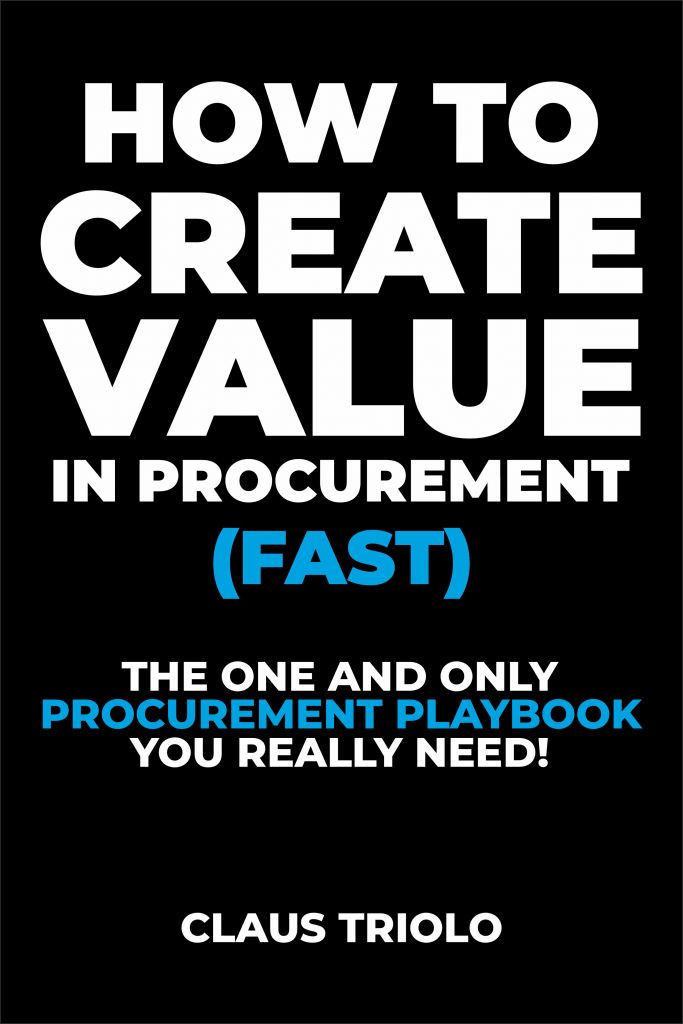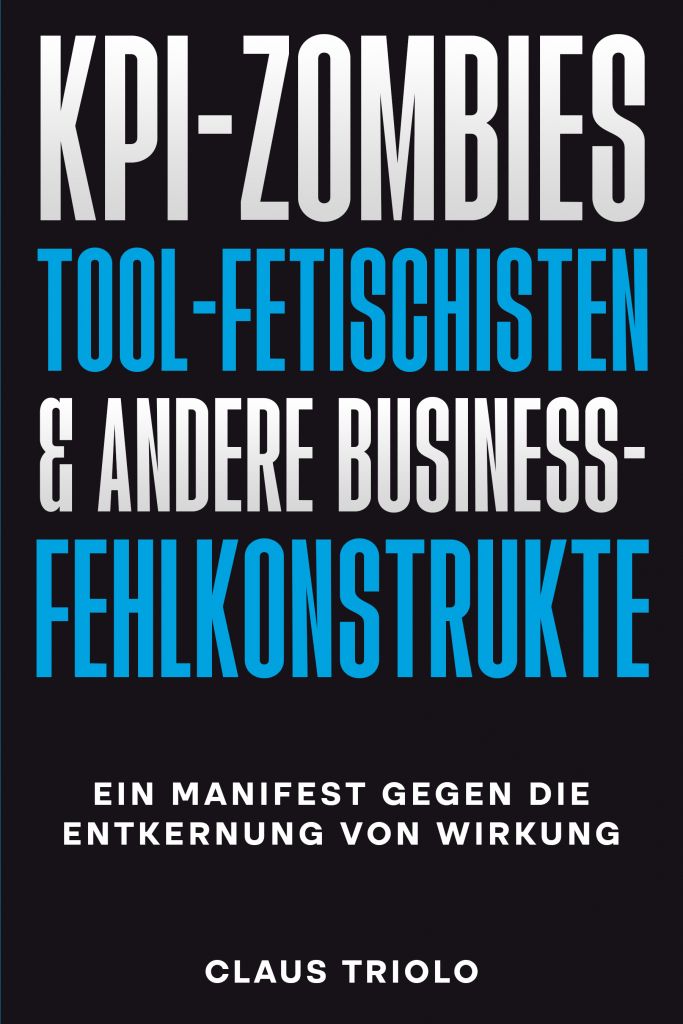Are You Ready to Lead or Be Left Behind?
In the rapidly evolving landscape of procurement, there’s one trend that stands to redefine the very foundation of how organizations operate: Cognitive Procurement. It’s no longer a question of if cognitive technologies will dominate procurement, but when. And the truth is, if your organization isn’t already positioning itself at the forefront of this revolution, you’re at risk of being left behind.
The business world is witnessing an unprecedented convergence of AI, machine learning, and advanced analytics. But let’s be honest: much of what we call “AI” in procurement today is little more than glorified automation. While automation has streamlined processes and reduced costs, it hasn’t moved the needle nearly as far as we need it to. Enter Cognitive Procurement—a step change that promises not just to automate, but to think, learn, and adapt.
Cognitive Procurement systems are built on the foundation of advanced AI that goes beyond executing predefined tasks. These systems analyze vast amounts of data in real-time, draw insights from patterns that even seasoned professionals might miss, and recommend strategic actions that can drive significant competitive advantage.
Imagine a procurement function where the technology isn’t just a tool, but a partner—one that predicts market trends, autonomously negotiates with suppliers, and optimizes supply chains on the fly. This isn’t some far-off sci-fi scenario; it’s happening now, and the organizations that embrace it will be the ones that dominate their industries.
Let’s face it—many procurement functions today are still bogged down by legacy systems and outdated mindsets. We’ve gotten comfortable with the status quo, equating incremental improvements with innovation. But in a world where disruption is the new norm, complacency is the enemy.
Here’s the hard truth: the old ways of procurement are dying. Manual processes, reactive strategies, and gut-feeling decisions simply can’t keep pace with the demands of a data-driven, hyper-competitive global market. Those who resist cognitive technologies are, in effect, clinging to a sinking ship.
- Strategic Integration:
Cognitive Procurement isn’t just a plug-and-play solution. It requires a strategic overhaul of how procurement is integrated into the broader business strategy. This means aligning cognitive tools with your company’s long-term goals, ensuring that these technologies aren’t just enhancing efficiency, but are also driving growth and innovation. - Leadership in Change Management:
Adopting Cognitive Procurement isn’t just a technological shift—it’s a cultural one. It demands leadership that’s willing to challenge the status quo, to drive change not just from the top-down but across all levels of the organization. This is where true leaders will separate themselves from mere managers. - Data-Driven Decision-Making:
Cognitive technologies thrive on data, but not all data is created equal. Successful Cognitive Procurement initiatives will depend on high-quality, real-time data that’s accessible across the organization. This requires breaking down silos and fostering a culture where data is the lifeblood of decision-making. - The Polarizing Question: Is Procurement Ready to Think for Itself?
Here’s the question that should be keeping procurement leaders up at night: Are we ready to let procurement think for itself? It’s a provocative notion—one that challenges the very role of human judgment in procurement. But as cognitive technologies evolve, the role of the procurement professional is also shifting.
Instead of focusing on transactional tasks, procurement leaders of the future will be strategic orchestrators, guiding cognitive systems with a vision that only human experience can provide. This doesn’t mean humans are being replaced; it means they’re being elevated to focus on what truly matters – strategy, innovation, and value creation.
“Cognitive Procurement is the leap forward – those who embrace it will lead, those who don’t will be left behind.”
Claus Triolo, The Procurement Rainmaker ™
The future of procurement is cognitive, and the time to act is now. Organizations that hesitate will find themselves outpaced by competitors who understand the transformative potential of these technologies. This is your moment to lead—to redefine procurement, to push the boundaries, and to shape the future.
The cognitive revolution is here. Will you lead it, or will you be left in the dust?
“Cognitive Procurement isn’t just about automating processes; it’s about unlocking new levels of strategic insight and decision-making that can redefine competitive advantage.”
Arindam Chakraborty, Global Head of Procurement & Supply Chain, Tata Consultancy Services



















